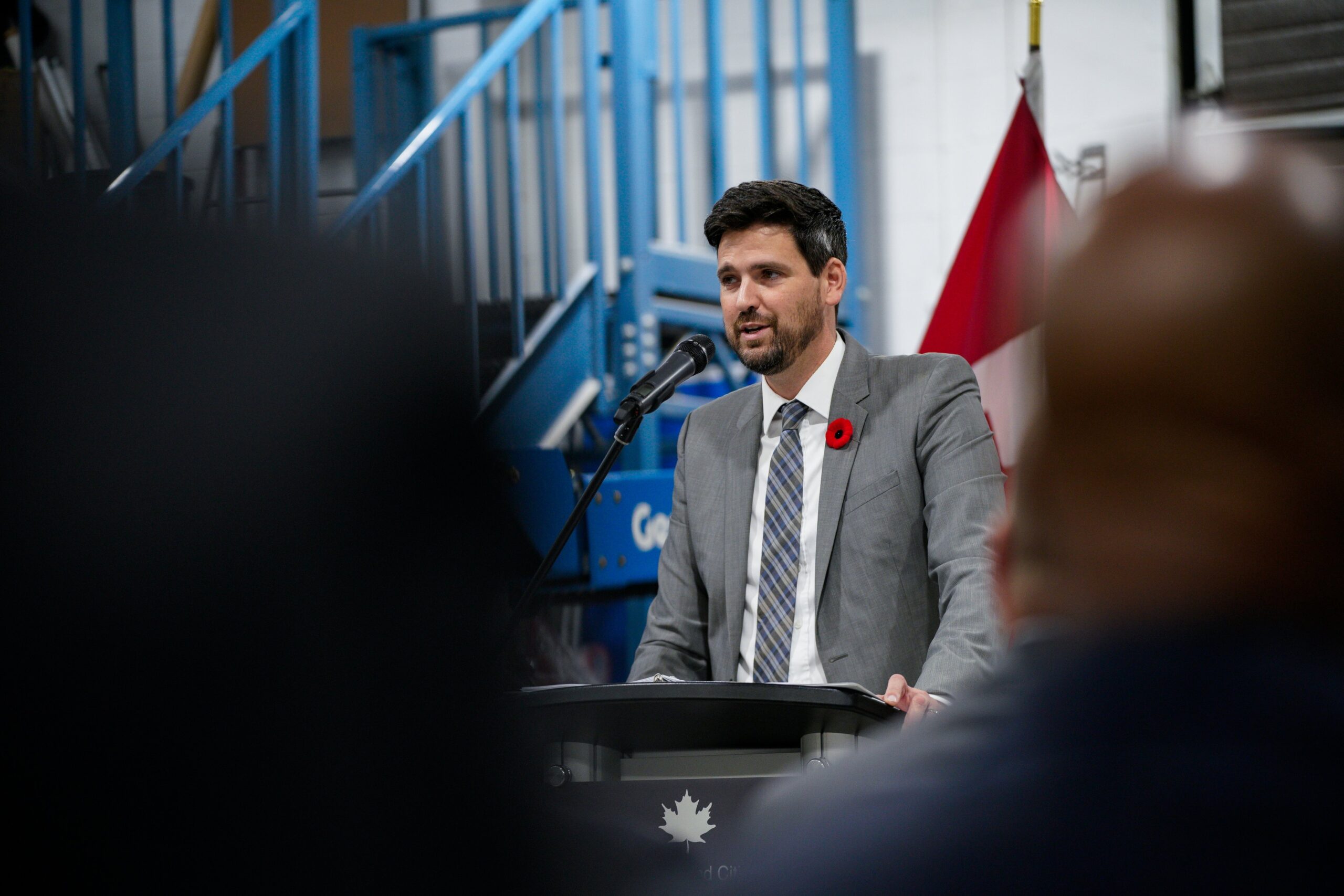In the picturesque but isolated community of Powell River, daycare operator Marjorie Jones is trying to figure out a way to help six nurses, who are completing their maternity leaves, get back to work at the local hospital.
“They need daycare spots for their children but I don’t have the workers,” said Jones, who runs the Second Nature Childcare Centre and Nature’s Way Childcare Centre in B.C.’s Sunshine Coast community.
“I can’t find anyone locally so I hired a lawyer to look for foreign workers but the visa processing delays and immigration red tape has left me frustrated…there are simply not enough workers in any of the small towns like ours,” Jones told NCM.
“In addition to the nurses, I have police officers and paramedics here looking for childcare and I can’t get them spots until my foreign workers are processed,” said Jones, adding the entire region is facing the same predicament.
Addressing labour market needs
According to the Canadian Child Care Federation, the nation is short of about 40,000 early childhood educators, a large segment of it in rural and isolated communities. About a third of the workers in this sector are new Canadians, compared to a quarter in other industries.
“The whole region here is impacted by this shortage,” said Jones adding she hoped the government’s plan to put an increased focus on attracting immigrants and foreign workers to small towns, will help her continue to serve her community.
Addressing the issue of regional labour needs, Immigration Minister Sean Fraser announced today that Ottawa is planning increases in programs to address targeted local labour market needs.
“Regional economic immigration programs, like the Provincial Nominee Program, are increasingly important to the sustainable growth of our country,” said Fraser, when unveiling Canada’s 2023–2025 Immigration Levels Plan.
The new levels plan aims to welcome 465,000 permanent residents in 2023, 485,000 in 2024 and 500,000 in 2025. Last year Canada welcomed over 405,000 newcomers — the biggest intake in a single year.
“With a focus on regional immigration, this plan builds on ongoing work to strengthen our immigration system and spread the benefits of immigration to communities across the country, including supporting the vitality of Francophone communities outside of Quebec,” Immigration, Refugees and Citizenship Canada (IRCC) said in a statement.
“This year’s immigration levels plan will help businesses find the workers they need, set Canada on a path that will contribute to our long-term success, and allow us to make good on key commitments to vulnerable people fleeing violence, war and persecution,” said Fraser.
Today’s announcement comes as Canada struggles with a critical labour shortage — over one million vacancies — and a historical visa processing backlog with over 2.6 million applications in the pipeline.
It follows calls by Provincial Immigration Ministers from Ontario, Alberta, Saskatchewan, and Manitoba who said they want more control over the immigration process and be allowed to choose newcomers who have “the greatest chance of success.”
“We need the ability to respond to the rapidly evolving needs of specific areas and communities, with a flexible system that we can adapt to changing economic and humanitarian needs,” they said in an open letter dated July 26 to Fraser.
Other highlights of the new levels plan announced today include:
- a long-term focus on economic growth, with just over 60 per cent of admissions in the economic class by 2025
- using new features in the Express Entry system to welcome newcomers with the required skills and qualifications in sectors facing acute labour shortages such as, health care, manufacturing, building trades and STEM (Science, Technology, Engineering and Math)
- reuniting more families faster
- ensuring that at least 4.4 per cent of new permanent residents outside Quebec are Francophone
- support for global crises by providing a safe haven to those facing persecution, including by expanding the Economic Mobility Pathways Pilot.
Century Initiative , which advocates for policies to increase Canada’s population to 100 million by 2100, said today’s plan will help build upon Canada’s already strong economic immigration record.
“As Canada’s population continues to age, our workforces are shrinking, and the demand for skilled labour is growing more acute. At the same time, our birth rate is at its lowest in over 100 years. As the recent census release showed, immigration provides a vital means through which we can meet the growing demand for labour,” the group said in an emailed statement to New Canadian Media.
The Environics Institute of Canada, in partnership with the Century Initiative, in a recent poll found that 7 in 10 Canadians approve of immigration levels that allow more than 400,000 people into the country annually.
The Canadian Immigration Lawyers Association (CILA) noted there remain ongoing challenges with the immigration system that are slowing down Canada’s efforts of growing the economy, reuniting families, and providing humanitarian assistance.
The association has made a series of recommendations to support an even stronger Canadian immigration system, saying IRCC must quickly address IT challenges with its online application portals.
“The portals remain riddled with glitches which makes it difficult for newcomers and their representatives to submit their applications to IRCC. This in turn results in increased work for IRCC due to administrative challenges,” CILA said.
CILA also raised concerns about the limited number of federal options available to business immigrants.
“The federal government is not putting Canada in position to maximize the economic benefits of immigration when it significantly limits entrepreneurs, investors, and self-employed persons from being able to permanently settle in our country.”
A multiple-award winning journalist, Fabian Dawson is an internationally acclaimed author, filmmaker and media expert. His work over the last four decades spans the globe and he also serves as a consultant/strategic advisor to a variety of international companies. As deputy editor-in-chief of The Province, part of the Postmedia chain, Dawson led initiatives within a special publications group to provide directed content for a variety of organisations. He was named the 2019 recipient of the Bruce Hutchison Lifetime Achievement Award at Jack Webster Awards. Dawson has been invited by the governments of India, Malaysia, Taiwan, China, Hong Kong and the United States to act as a media observer/advisor on a variety of Asian-Canada issues. Dawson, now operates FD Media, which specializes in harnessing editorial assets to revenue generating opportunities.





